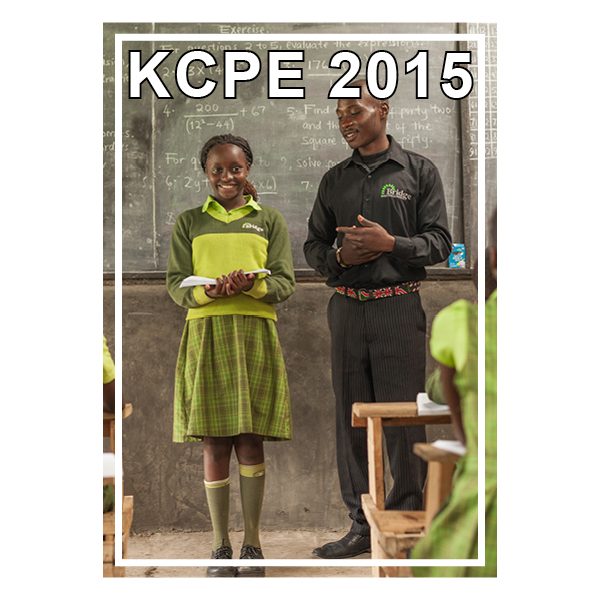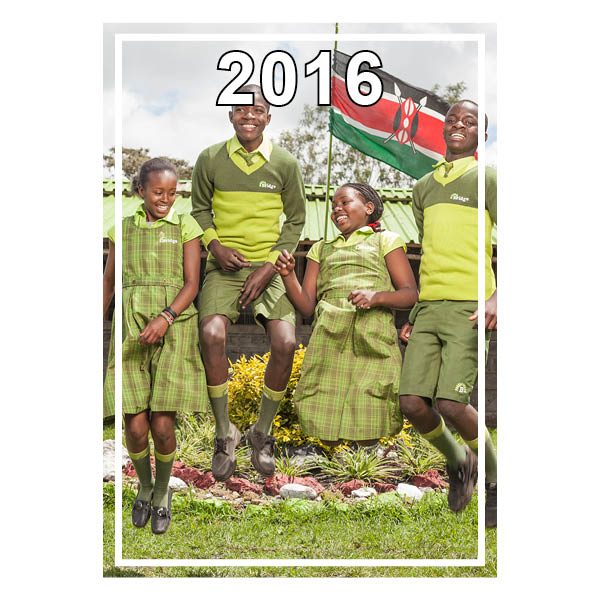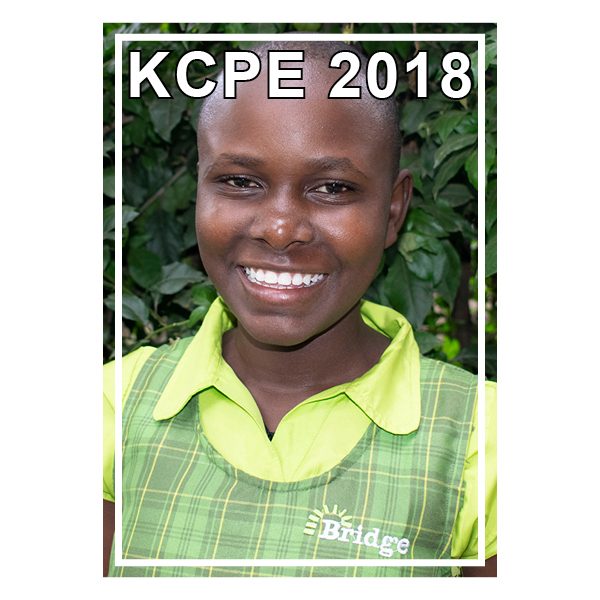National exam results in Kenya
Our pupils in Kenya have excelled for five consecutive years now in the government’s national primary school exit exam—consistently performing above the national average.
At the conclusion of their primary education, all pupils in Kenya will sit the Kenya Certificate of Primary Education (KCPE). They sit the exam in Grade 8 when they are 13-14 years old.
The KCPE contains sections on the following five subjects: English, Kiswahili, Maths, Science, Social Studies and Religious Studies. Each subject score is converted to be out of 100 points and standardised to have a mean score of roughly 50, making the mean total score 250 marks. Historically, 250 marks was the ‘pass’ or ‘fail’ threshold and weighted so that approx. 50% of exam takers scored 250 marks or more. The maximum possible score is 500, but standardisation makes scores close to 500 unlikely. Any score above 400 is considered exceptional and those that achieve this are generally in the top one percent.
Following government policy changes there is now no ‘pass’ or ‘fail’, instead a KCPE result determines the type of secondary school a child will have access to, as opposed to the old system where a pass or fail mark made you eligible (or not) for secondary school.
There are four different types of secondary school: day schools, county schools, extra county schools, and elite national schools.
As an independent exam, the KCPE means we can benchmark the performance of Bridge pupils to those in neighbouring schools and in schools across Kenya (including other—and elite—private schools) and offer comparative analysis on the effect of a Bridge education.
Results
Scroll through the years/reports below, and click on an image to learn more.










